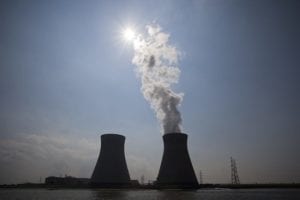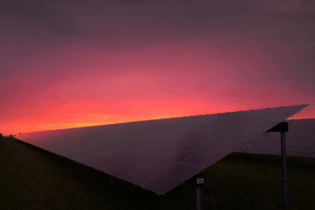Nuclear expert Dr. Anthonie Cilliers says nuclear energy is not any more expensive than any other energy source.
Dr. Cilliers, who is the National Coordinator of SAN-NEST (South African Nuclear Education, Science and Technology) the R&D Programme Manager: Advanced High Temperature Reactor (AHTR) and Honorary Research Fellow at the University of the Witwatersrand, notes that the large 9600MW nuclear programme has created an impression of a single expensive mega-project, when in fact the purpose of the fleet approach was to drive down costs over time and increase the learning rate. “This should be broken up into smaller chunks, for example, should two nuclear reactors be added to the current plant at Koeberg, the cost would be no more than the guarantees already provided by treasury for the current IPP programme, whilst two nuclear reactors would produce more units of electricity per year (and more reliably) than the units on the IPP programme.” He adds: “I agree that South Africa’s fiscus is constrained at the moment, I believe this will change and when it does we need to be prepared. If we cannot afford nuclear new build we cannot afford any new build. We also have to remember that the new IRP has not been gazetted and with an outdated IRP, I find the approval of any energy projects (including nuclear) irrational.” “We need to replace coal with nuclear”Dr. Cillier says the common in South Africa belief is that we have excess electricity that we do not need nuclear energy in the short term. “This is a slight misnomer as the excess electricity stems from the recent high prices which in turn are constraining our economic growth. The reality is that South Africa needs more electricity at an affordable cost to support economic growth – for this an intervention by government is required. We also tend to forget that many of our coal stations are reaching end of life within the next 10 years, we are already seeing the operation and maintenance cost of these plants rising. We need to plan to replace these coal plants with nuclear plants, we have no other option.”
Staggering GDP contributions
According to Dr Cilliers specialists in South Africa are currently working on a project to determine the macro-economic impact of nuclear build programmes on a country in partnership with the International Atomic Energy Agency and 15 other countries. “What we are seeing is that the contribution to the GDP from these projects (during construction and operation) is staggering as it becomes an enabler of economic growth and job creation, directly, indirectly and inducing new jobs in other sectors – far more than industries that rely heavily on import and local assembly.” Dr. Cilliers who is a regular commentator and speaker at African Utility Week, returns this year as a panellist during the Nuclear Power Africa conference at the event from 15-17 May in Cape Town. To read the full interview with Dr Anthonie Cilliers and other event expert speakers and partners, go to: http://www.african-utility-week.com/expertinterviews






